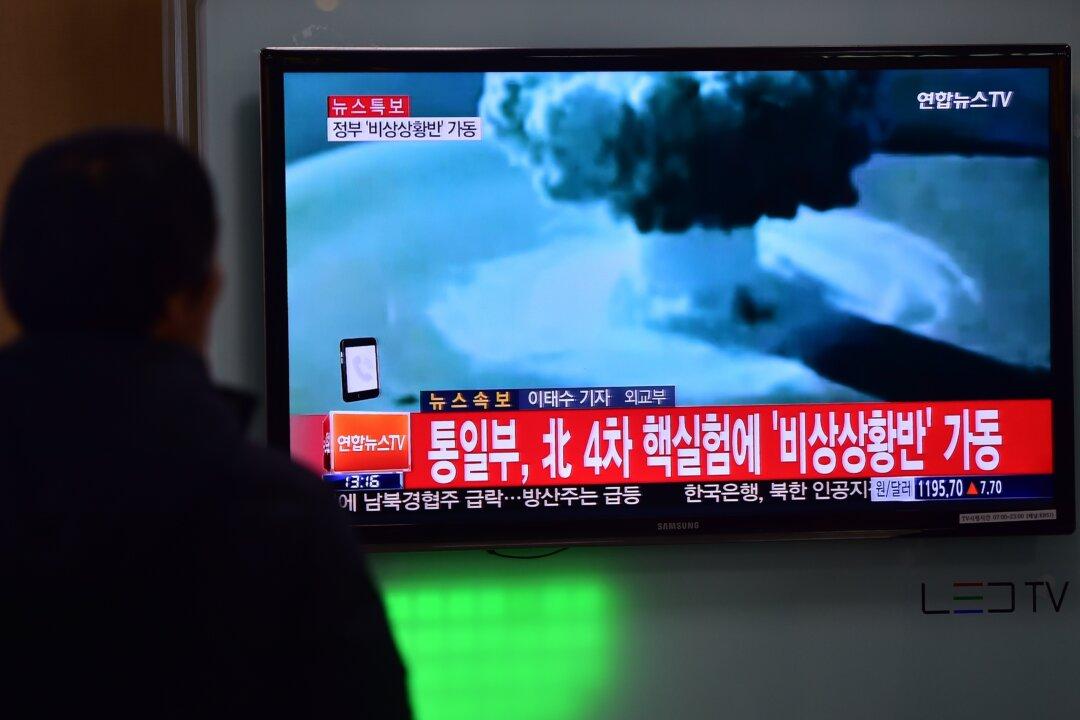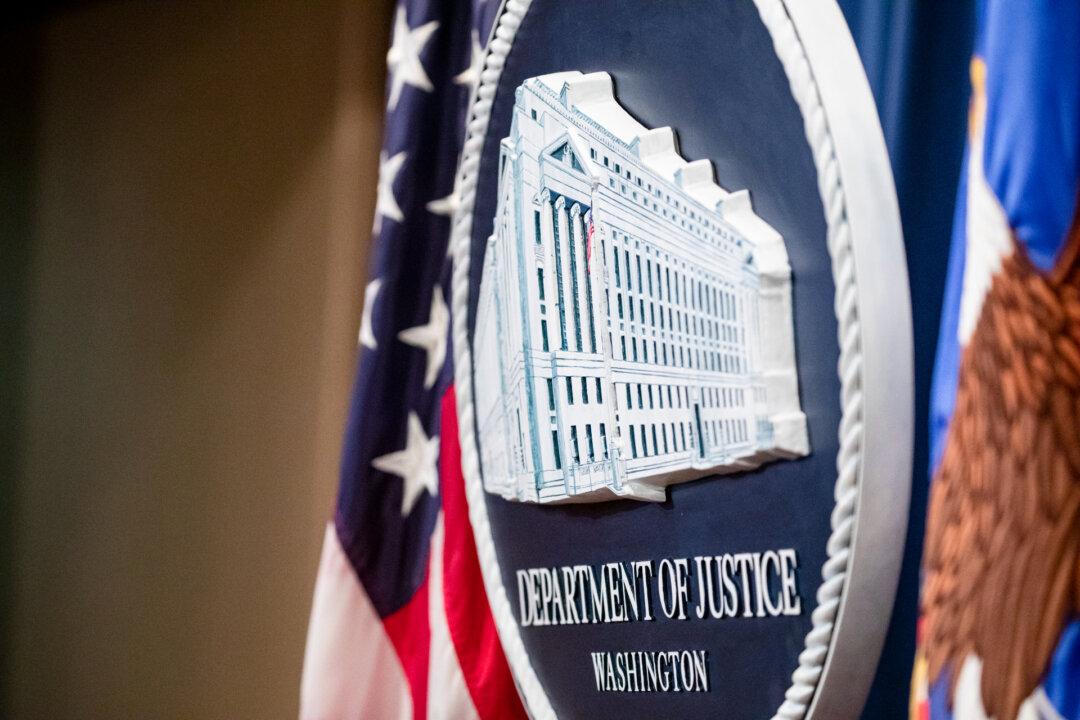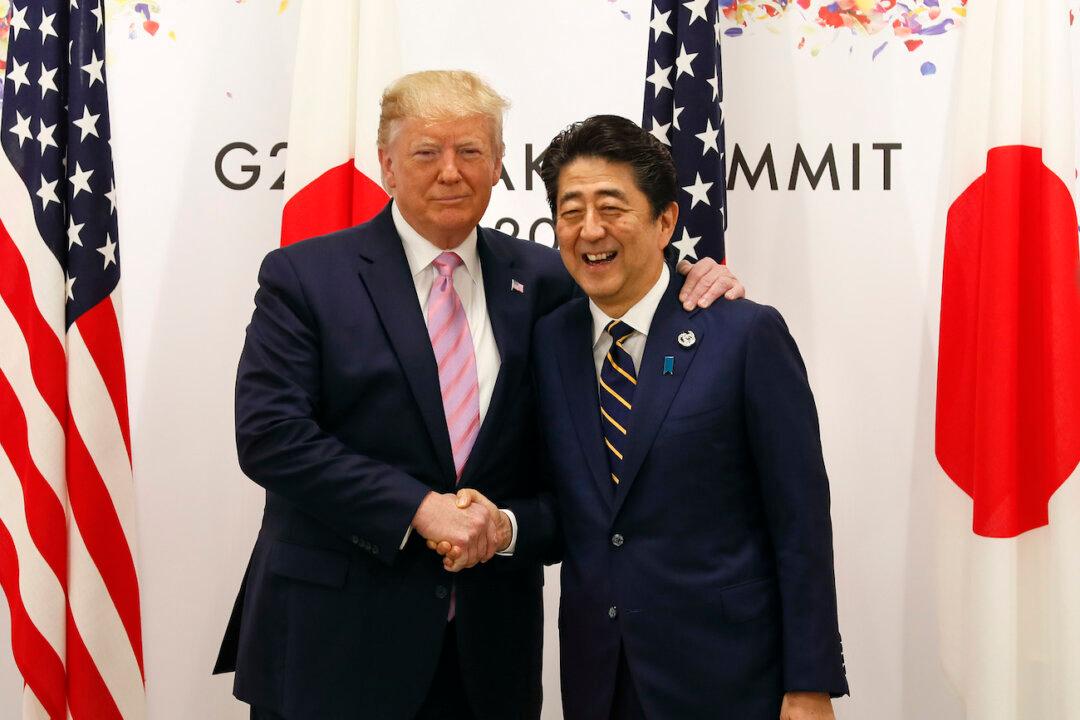Recently, an internal document obtained by The Epoch Times showed that China’s think tank experts warned that a nuclear leak would pose a huge threat to Jilin Province or could trigger a nuclear war. It was written after North Korea conducted its first hydrogen bomb test in 2016.
At noon on Jan. 6, 2016, North Korea announced its first “successful” hydrogen bomb test. The test triggered a 4.9-magnitude earthquake felt in the border counties in Jilin and created panic among the locals.





